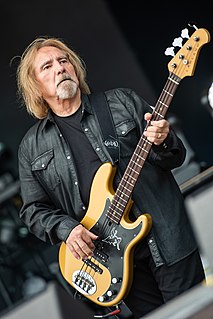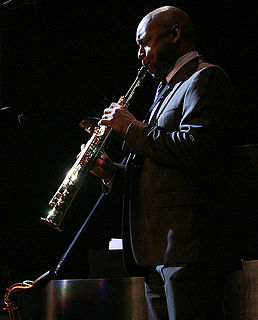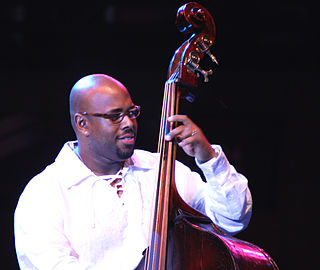A Quote by Kenny G
Grover Washington was my main influence, and when I went to college, I started listening to more of the jazz masters like Sonny Rollins, Cannonball Adderley, and John Coltrane.
Related Quotes
I love jazz. So to me, there are two main types of jazz. There's dancing jazz, and then there's listening jazz. Listening jazz is like Thelonius Monk or John Coltrane, where it's a listening experience. So that's what I like; I like to make stuff that you listen to. It's not really meant to get you up; it's meant to get your mind focused. That's why you sit and listen to jazz. You dance to big band or whatever, but for the most part, you sit and listen to jazz. I think it comes from that aesthetic, trying to take that jazz listening experience and put it on hip-hop.
My thing was, I loved music. I played music: I played the saxophone. So the little bit of music knowhow I had, I tried to implement that in every thing I did, from my style, my cadence, the way I tried to pause and stagnate it; that all came from John Coltrane and listening to jazz albums. Trying to rhyme like a jazz player.
When you think of diversity, George Duke fits that bill better than a lot of people. He's played a lot of straight-ahead jazz with people like Nancy Wilson and Cannonball Adderley; he's played a lot of fusion with his own groups, with Stanley Clarke; and, you know, he did the rock thing with Frank Zappa. He's written all kinds of big arrangements for people like Burt Bacharach. So, he's covered the board. He's still a great pianist.
A respectable-sized audience hasn't really been able to follow developments in jazz since the free jazz movement in the '60s. Some of them can't even get with John Coltrane. Audiences are diminishing more and more rapidly. Some of the top young musicians with something new to say can't get record companies to put out their stuff.

































